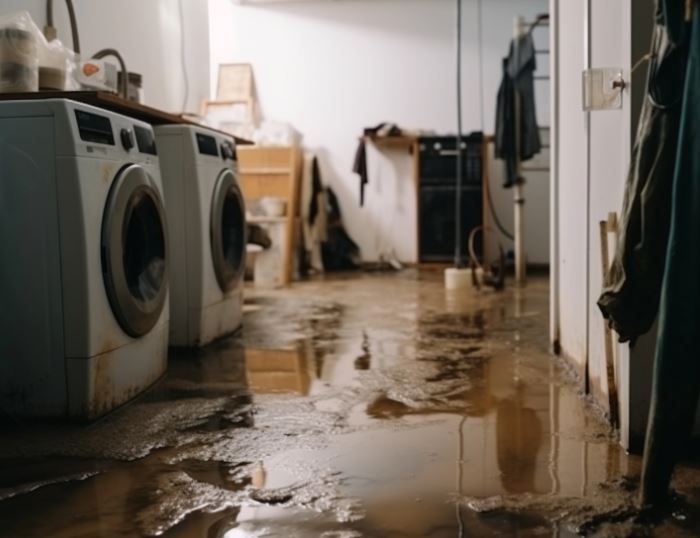A Homeowner’s Guide to Water Damage
When it comes to coverage for water damage, the source of the damage is always important. If the damage is sudden or accidental, like a burst pipe, most homeowners insurance policies will cover it.
Imagine going downstairs to find that your water heater leaked all over the basement. You may have to spend the next few days using every fan you can find to dry the carpet and whatever wasn’t wrecked from the water damage. You might have to throw away books, school projects, and other keepsakes that got ruined. You may even have to get new carpet or flooring.
Water damage tends to be a surprise, but what your insurance does and does not cover shouldn’t be.
What does typical home insurance cover?
When it comes to coverage for water damage, the source of the damage is always important. If the damage is sudden or accidental, like a burst pipe, most homeowners insurance policies will cover it.
- Accidental. An overflowing toilet or an unexpected leak from a dishwasher, washing machine, or sink are some examples of accidental water damage.
- Burst Pipe. When I pipe bursts in your home, you will be covered for resulting water damage. Depending on the cause, there may even be coverage for the broken pipe.
- Fire. If you have a fire in your home, your home insurance will cover more than just the damage from the fire. There will inevitably be water damage from putting the fire out that is also covered.
- Roof Leak. If your roof is damaged from a storm or fallen tree, the immediate water infiltration into your home will be covered. As a homeowner, you are then expected to mitigate damages and have repairs performed in a reasonable amount of time.
What is not covered?
Some water damage is not covered by homeowners insurance. As previously mentioned, it is important to consider the source of the damage.
- Flooding. Flood damage is not covered by typical home insurance. Water damage from flooding can occur from heavy rain, hurricanes, tsunamis, storm surges, and even water overflowing from rivers or another water source nearby.
- Gradual Damage. Mold and other damage that occurs over time from a slow leak, condensation, or other conditions are not covered by typical home insurance.
- Negligence. If damage occurs from lack of maintenance or neglect—like ignoring a plumbing problem—the damage will not be covered.
- Foundational Issues. Any water damage that occurs from foundation cracks or exterior drainage issues is not covered. Seepage (water seeping through cracks in your foundation) is considered a maintenance issue.


